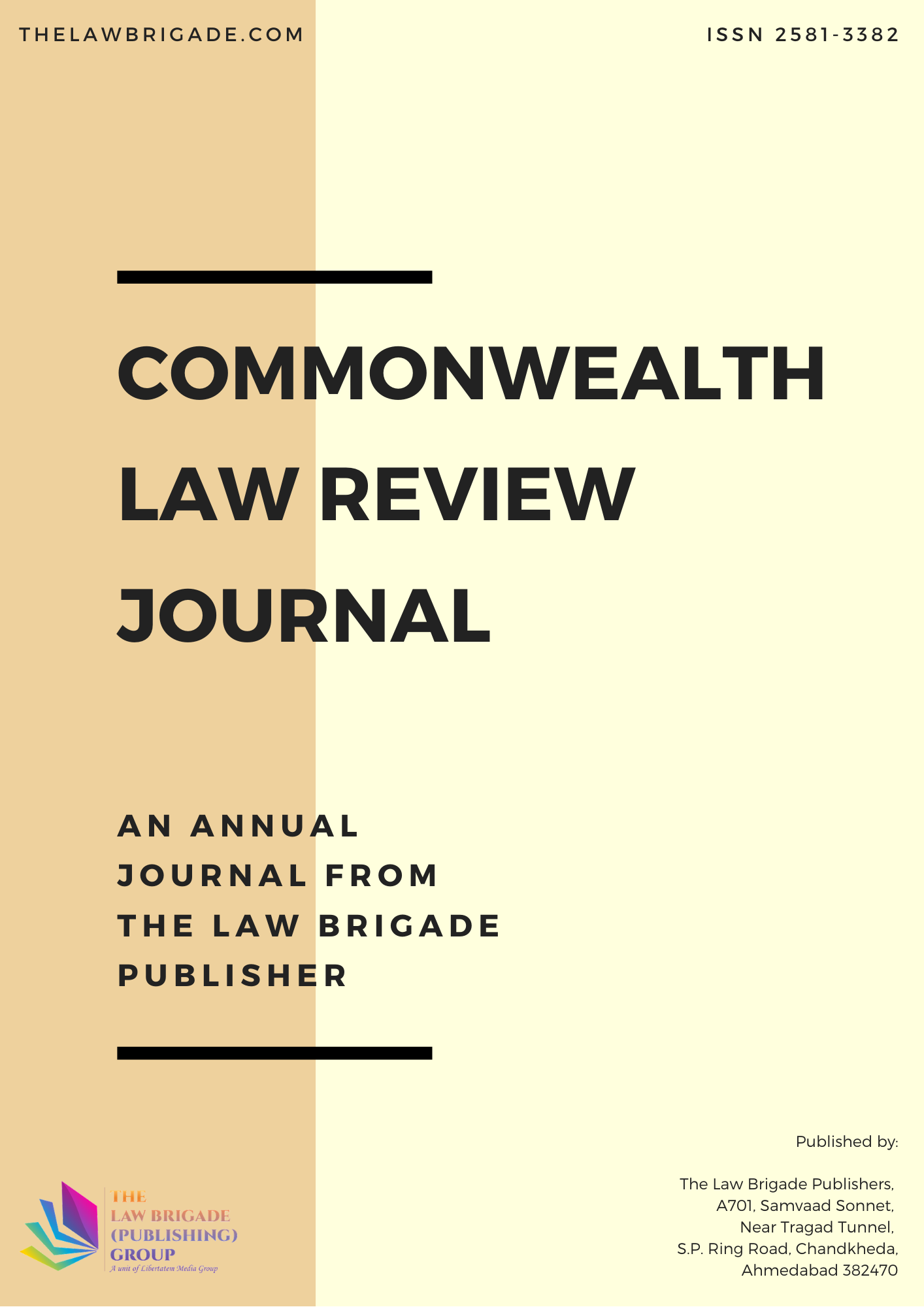The Rule of Law is often considered as the foundation of equality, justice and fairness in democratic societies. But the real problem lies in analyzing that whether it truly function as an impartial and absolute system, or is it merely a belief – driven structure, sustained by public trust than by rigid enforcement.
The article tries to critically examine an unsettling paradox – does the law actually prevent crime, pr does it merely prescribe its consequences? If legal systems are basically deterrents rather than moral arbiters, do they serve justice, or do they merely regulate fear?
By excavating the philosophical underpinnings of law, its reliance on compliance rather than coercion, and the sophisticated relationship between crime, punishment and societal perception, this study challenges the traditional and conventional understanding of legal order. It advocates that the Rule of Law functions not as an autonomous force of justice but as a structure upheld by collective belief in its legitimacy.
The article tries to answer a crucial question: If faith in the law diminishes, does the Rule of Law itself ceases to exist?





